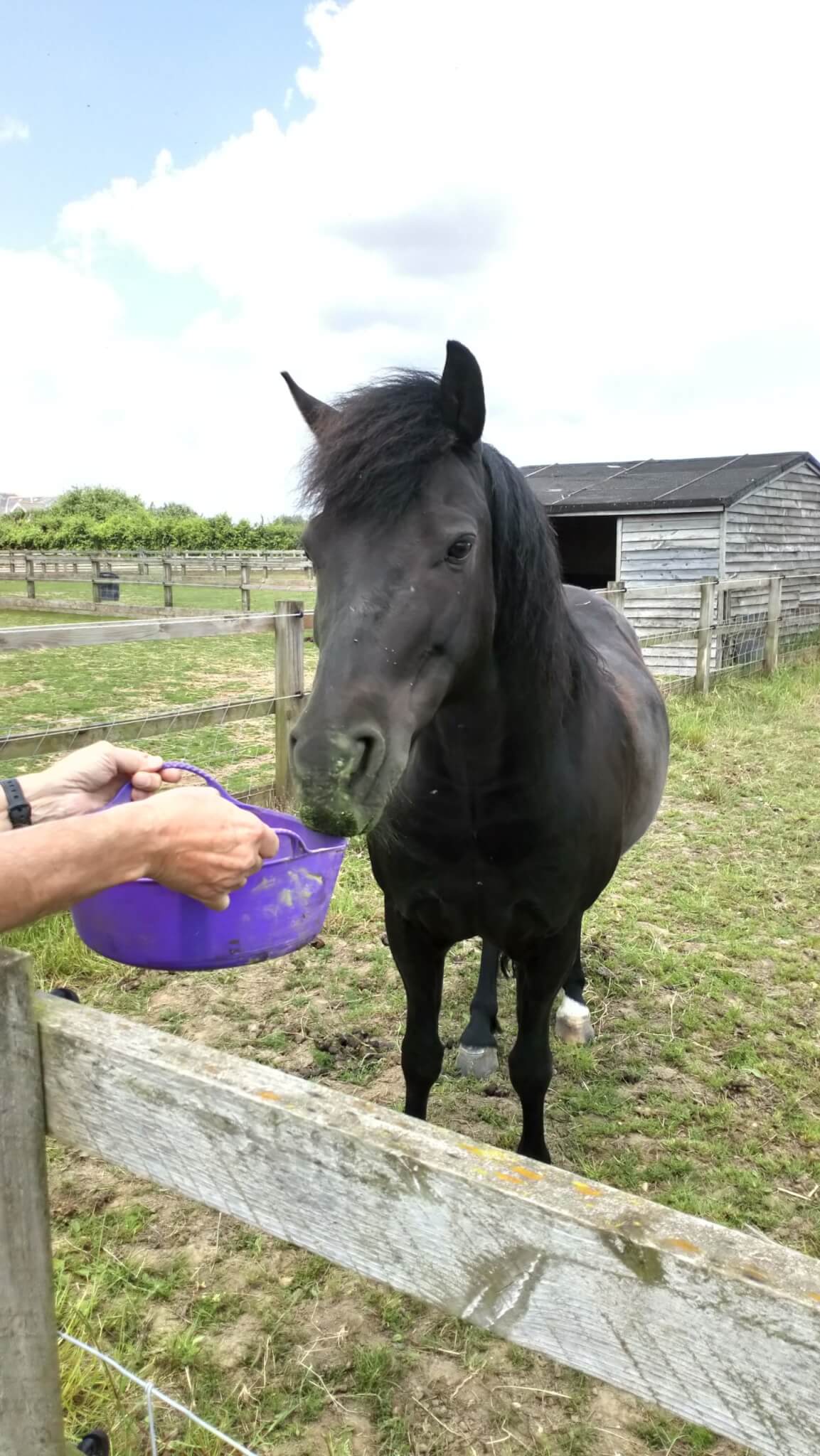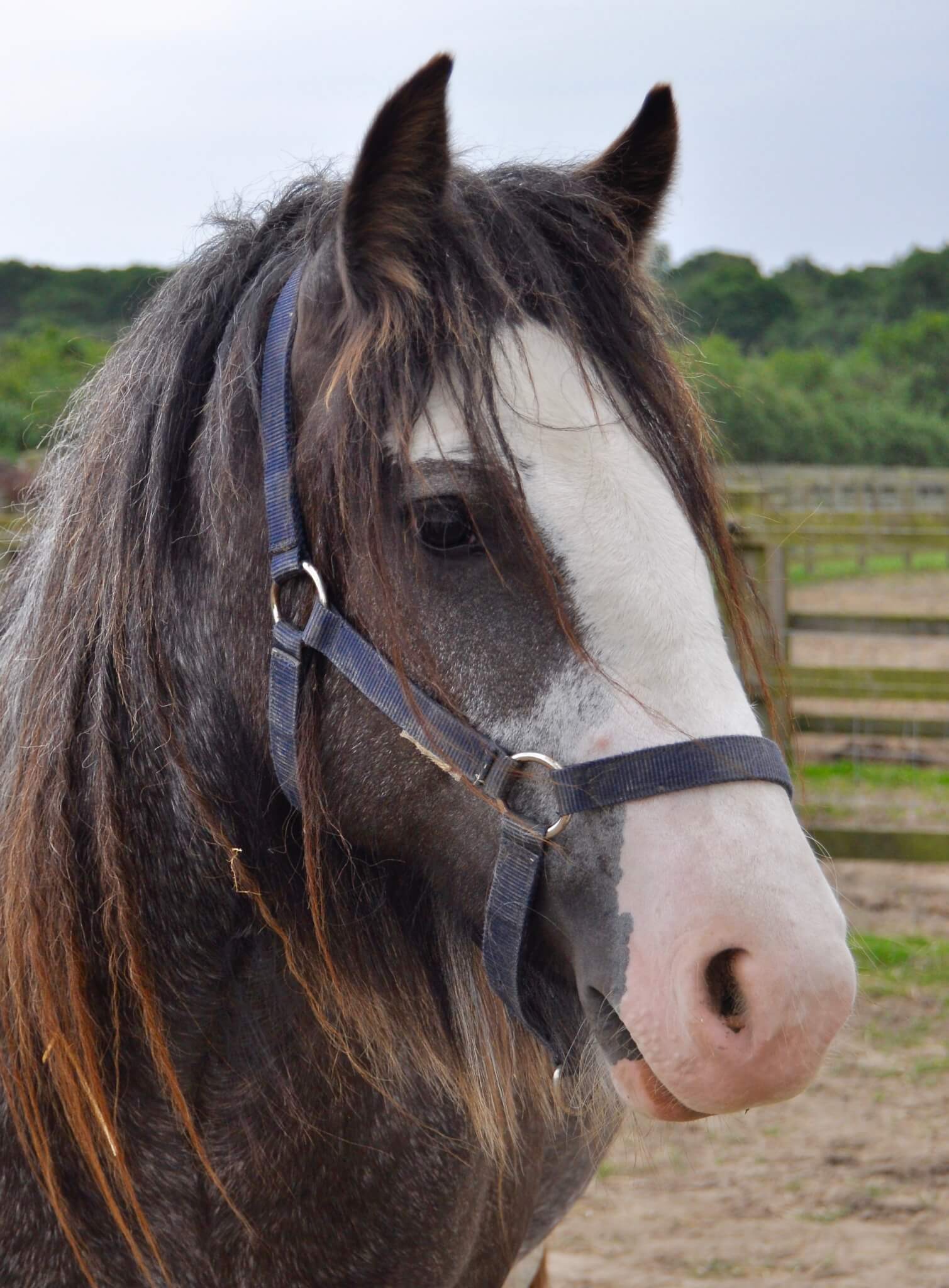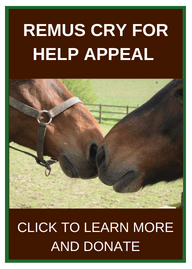


Worming Our Horses – The Future
The writing is on the wall for more equine disease and death if the industry does not take urgent, cohesive action against wormer resistance.
This was the view of experts at the 30th National Equine Forum on 3 March 2022. There is evidence of resistance to all four classes of worming drug available for use on horses, and no new types or drugs expected in the near future.
Sue Burton, Founder of Remus Horse Sanctuary said: “When we started 40 years ago I remember seeing horses who looked like they were passing blood, but it was the sheer amount of red worms in the faeces. Horses died from this. With the new version of anthelmintics that came into being, this is no longer something we see. But on the horizon is resistance to existing wormers and therefore we will have nothing that will be effective against worms in our horses and could well return to those awful days.
“Years ago we would all just worm our horses every time it was necessary but now we know that we have to be more pro-active and work with faecal egg counts rather than constantly using drugs. All of Remus’ animals have faecal egg counts taken, and are only wormed when necessary, thus reducing the risk of resistance.”
British Equine Veterinary Association (BEVA) president elect David Rendle, a specialist in equine internal medicine, said: “We know traditional worming strategies mean 80% of doses are completely unnecessary, and multiple surveys show that although use of diagnostics is improving, as few as 10% of people are using them appropriately.”
Mr Rendle said in the past year in the UK, 1.13m doses of wormer were given, and 120,000 faecal egg counts carried out, so about 11 doses for each count, which is “definitely the wrong way round”.
“The writing is on the wall for more death and disease, and pastures that can’t be grazed by horses,” he said. “That will have a radical effect on our industry, and it will be in years, not decades.”
Claire Shand, managing director of Westgate Labs, which carries out parasite diagnostics, said using faecal counts can reduce wormer use by about 80%.
“There’s absolutely no place any more for routine worming,” she said. “The humble egg count is the cornerstone of testing; they’re cheap, simple and we try to make them as easy for owners to use as we can. And we use them to maintain the efficacy of the wormers we do need to give.”
Ms Shand added that appropriate dosing is also key, for horses who do need to be wormed, as not giving enough for a horse’s weight also contributes to resistance.
“All horses need good parasite control, and it’s future generations we need to do this for, so we can keep grazing horses on our fields into the future,” she said. “My question is: what will you do when the wormers stop working?”
Sue Burton said: “The horse world needs to acknowledge this threat and wake up now and deal with this problem whilst there is still time to do so, but we need to act fast. We don’t want to return to the old days and the problems that horses suffered from needlessly.”
The first stage of the project, which is supported by the BEVA was initiated as a collaboration between Tim Mair of CVS Group and Julia Shrubb and Camilla Scott of the VetPartners equine clinical board. The first step involves asking horse owners, keepers, stud and yard owners and managers, to complete an online survey on their worm-control programmes.
The surveys, for horse owners and yard/stud owners/managers, are available online via the two links.
We urge you to take part.










